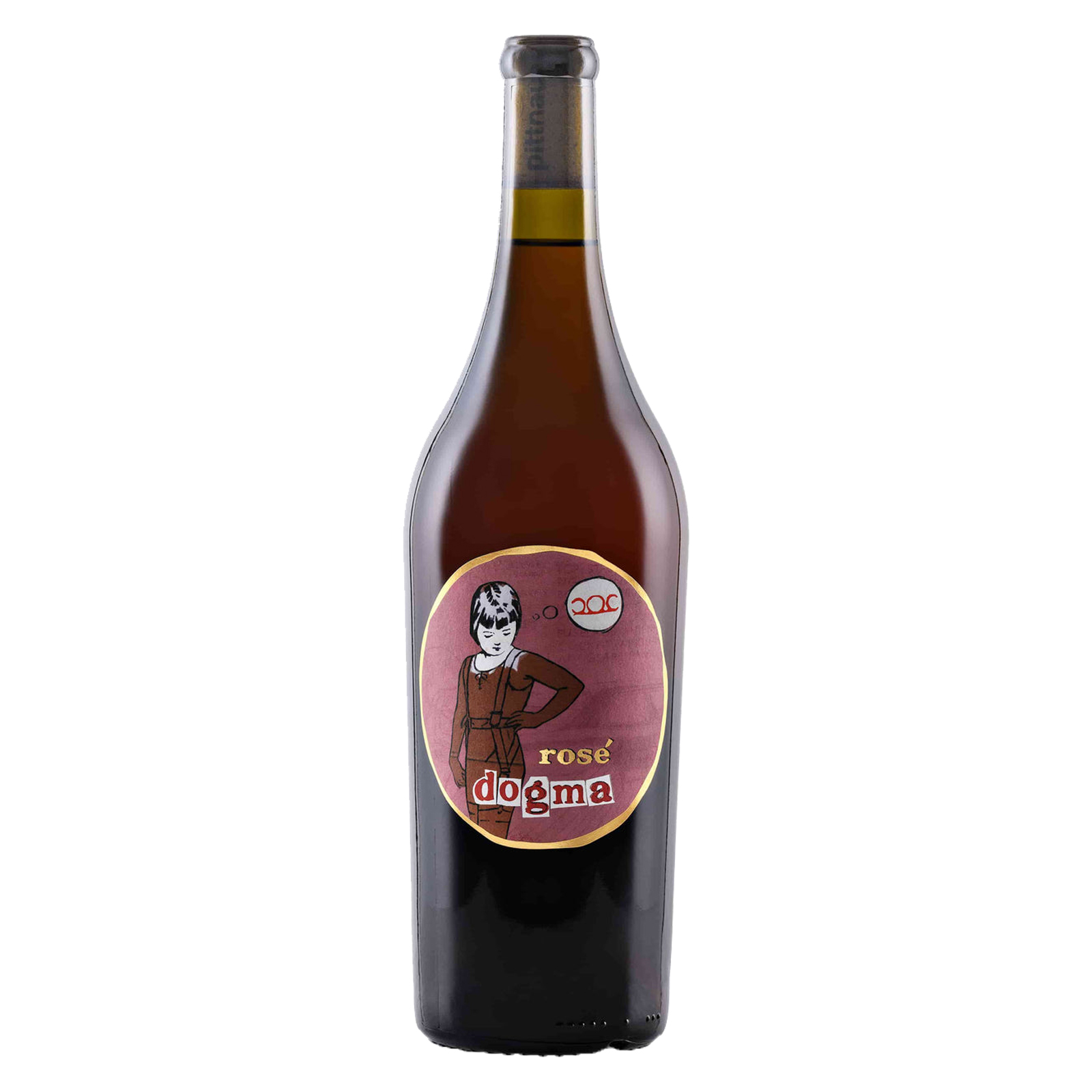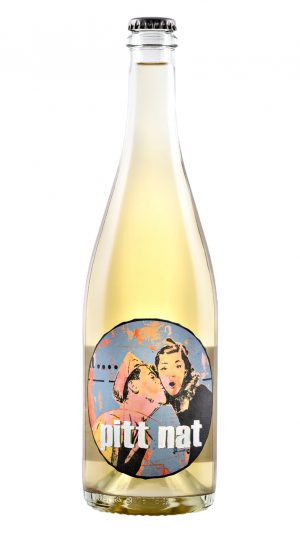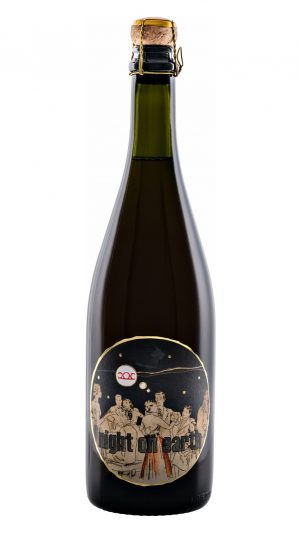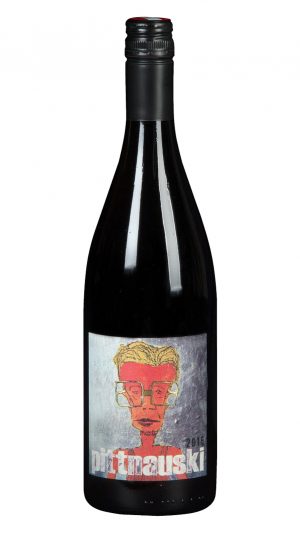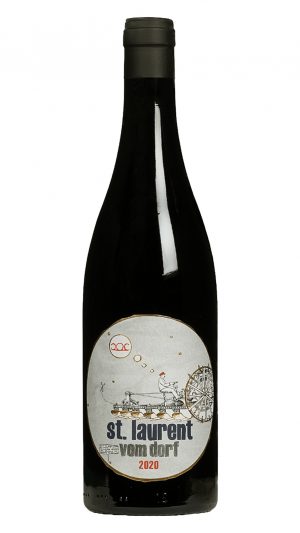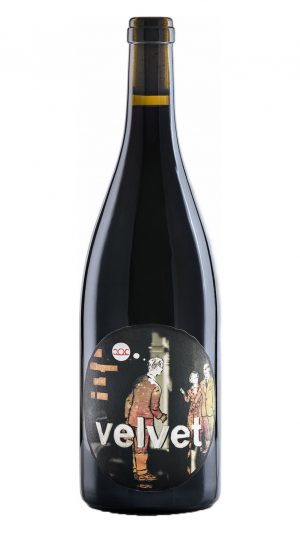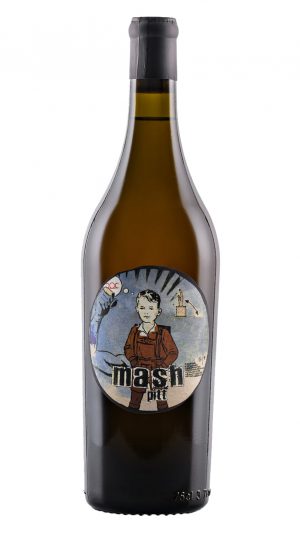Pittnauer Rose Dogma 2021
Type: Rose
Country: Austria
Region: Burgenland
Grape Variety: Blaufrankisch, Saint Laurent
Viticulture: Natural Wine | Biodynamic | Certified Organic
Climate: Hot, continental Pannonian climate
Terroir: Vines grown on soils composed of sand, loam and chalk
Winemaking: The grapes macerate on the skins for 6 hours and then go through spontaneous fermentation in steel for 3 weeks. The wine rests on the lees for 18 months and is then aged for an additional 10 months. Unfiltered, low SO2
Color: Dusky pink
Nose: The dense, expressive aroma of the wine opens with smoky notes, and hints of strawberry, rose hips, thyme, malt and silicon, significantly complicating after aeration
Palate: Fresh, light, slightly tart and bitter, with good structure and pressure, hints of rhubarb, red apple and plum
About the Winery:
There is a simple and honest feeling in the wine and spirit of Gerhard Pittnauer which hails from his generosity and humility. Given the reins of his vineyard in the mid-1980s after the unexpected death of his father, Gerhard, then 18 years old, had to train himself to make wine in the midst of scandal and chaos in the Austrian wine market. He chose to become a student of the broader wine world, and, in realizing the exceptionality of the land he farmed and of the indigenous grapes of the region, allowed himself to experiment with some missteps until he found his thesis. He set forth to ‘grow’ wine rather than to ‘make’ it in the cellar, from the autochtone varietals.
He did so without any viticultural doctrine until he found that there was a consistent, common thread in the wines he loved to drink from France and elsewhere. If he thought, these wines were amazing because of biodynamics, then he must do the same to achieve the pinnacle in his own wine. So he tends 15 hectares, half of which he owns and half of which he rents, alongside his wife Brigitte to create what they call living wines. All work is done manually from composting to pruning. There is no calendar that drives them. Nothing is rushed: they believe in quality over speed. They taste for perfect ripeness, select the cleanest grapes, and begin the wine in the cellar in response to the conditions of the vintage.
They do incorporate a bit of modern technology: a pneumatic press, temperature-controlled steel tanks and pumps, all to ensure the purity and freshness of the fruit remains. They are making wines that excite them with the unique voice of the varietal and the deep limestone soils of the terroir speaking clearly. Gerhard and Brigitte are aware of the evolution of their tastes as well as the vineyards. They are students presenting the current findings. Not with proud declaration, but with excited experimental energy to get the best of what they have. So far, it is delicious research.

